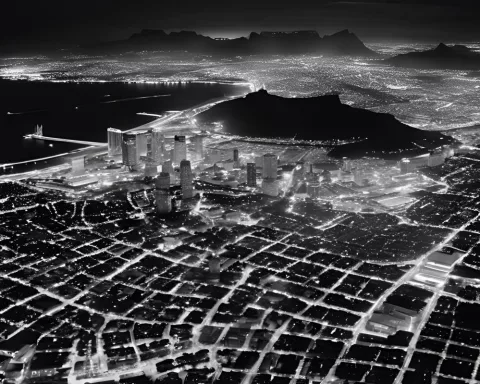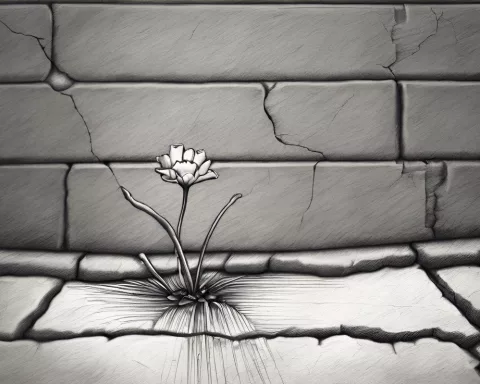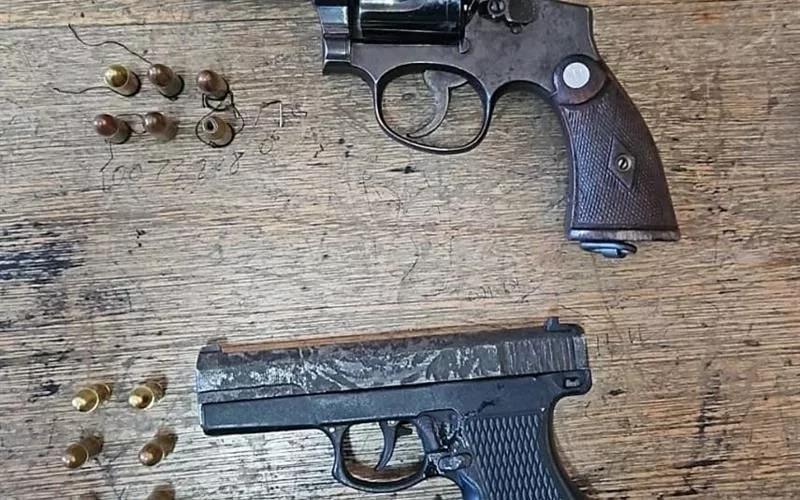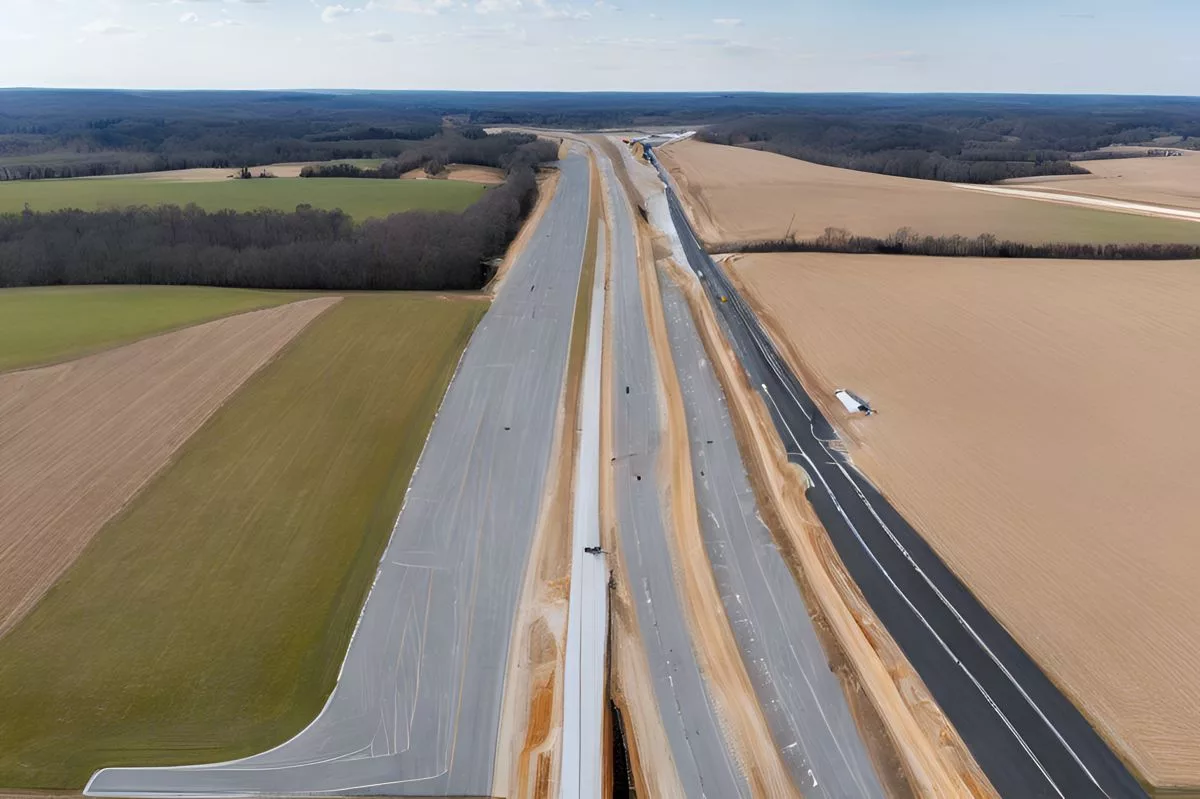The Mkhize brothers, Siseko and Simphiwe, were brutally murdered in Philippi, South Africa. Siseko was killed after documenting alleged culprits threatening a local shop, while Simphiwe was shot during a prayer service for his brother’s upcoming funeral. The attackers remain unidentified, leaving the community in fear and the police investigating the murders. The deaths of the Mkhize brothers serve as a stark reminder of the uncontrolled violence that persists in society’s underbelly.
The Mkhize brothers, Siseko and Simphiwe, were brutally murdered in Siyahlala informal settlement in Philippi. Siseko was killed after documenting alleged culprits threatening a local spaza shop, while Simphiwe was shot during a prayer service for his brother’s upcoming funeral. The police have initiated investigations into the murders, but the attackers remain unidentified and at large. The Mkhize brothers’ deaths serve as a chilling reminder of the uncontrolled violence that persists in society’s underbelly.
Section 1: A Day that Changed Everything
On a seemingly average Sunday, an act of unimaginable savagery occurred that sent shockwaves through the humble community of Siyahlala informal settlement in Browns Farm, Philippi. That day, 4th February, marked a sudden and irreversible shift in the life of seventeen-year-old Siseko Mkhize. As a passive bystander to extortion, Siseko became unknowingly trapped in a broader narrative of crime.
Armed only with a mobile camera, Siseko found himself tangentially involved in this story as he documented alleged culprits threatening a local spaza shop. However, his young life was extinguished in an instant. He was pursued to his residence and killed, his death serving as a bleak testament to his attackers’ ruthlessness.
Section 2: A Second Tragedy Strikes
A mere ten days later, on a Wednesday evening dedicated to prayer and collective grief, the piercing sound of gunfire ripped through the air again. This time, the intended target was Simphiwe Mkhize, Siseko’s older brother. The evening prayer, scheduled as a solemn observance before Siseko’s body journeyed to the Eastern Cape, morphed into a ghastly scene of another murder.
Simphiwe lost his life, and two others sustained injuries, their prayers disrupted by gunfire, their sorrow deepened. The horrifying event unfolded in front of family and community members, leaving them disturbed and afraid. Earlier in the day, a threatening warning had been issued to the family by four unknown individuals in a car, ordering them to evacuate the area.
Section 3: Grieving Amidst Chaos
Already reeling from Siseko’s upcoming funeral, the Mkhize family found themselves flung into another spiral of mourning and fear. The prayer service’s conclusion was brutally interrupted, the holy space desecrated by an unwarranted act of violence.
Simphiwe’s death was not just a personal loss for his family, but it also symbolized the unfathomable savagery that could infiltrate the seemingly insignificant elements of everyday living. It signaled a grim departure for the family who, paralyzed by fear, decided to abandon their home since the killers’ intentions remained elusive.
Section 4: The Aftermath and Ongoing Investigation
In the aftermath, local law enforcement officials, including Police spokesperson Sergeant Wesley Twigg, were summoned to the site. They discovered victims peppered with bullets, the state of their bodies a silent testament to the atrocity they had faced. Sergeant Twigg confirmed that the police had initiated a murder investigation and two separate cases of attempted murder. The Mkhize residence had morphed into a crime scene, the sorrow of their loss echoing in every corner.
The attackers, as it stands, are still free, their identities and intentions shrouded in secrecy. The police investigation, dealing with a case as distressing as it is complicated, continues. The deaths of the Mkhize brothers symbolize not only personal tragedies but also serve as a bleak reminder of the uncontrolled violence that persists in society’s underbelly.
As the community struggles with the early deaths of Siseko and Simphiwe Mkhize, their narrative remains a chilling example of life’s harsh unpredictability. Their story, punctuated by gunfire and steeped in terror, stands as a strong caution of the inherent dangers of apathy towards crime and violence.
1. Who were the Mkhize brothers and what happened to them?
The Mkhize brothers, Siseko and Simphiwe, were brutally murdered in Siyahlala informal settlement in Philippi, South Africa. Siseko was killed after documenting alleged culprits threatening a local spaza shop, while Simphiwe was shot during a prayer service for his brother’s upcoming funeral.
2. What is the current status of the investigation into their murders?
The police have initiated investigations into the murders, but the attackers remain unidentified and at large. The investigation is ongoing.
3. How did the community react to the murders?
The community was left in fear and mourning after the murders of the Mkhize brothers. The deaths serve as a stark reminder of the uncontrolled violence that persists in society’s underbelly.
4. Was there any warning or threat prior to Simphiwe’s murder?
Earlier in the day of Simphiwe’s murder, a threatening warning had been issued to the family by four unknown individuals in a car, ordering them to evacuate the area.
5. How did the police respond to the murders?
Local law enforcement officials, including Police spokesperson Sergeant Wesley Twigg, were summoned to the site. They discovered victims peppered with bullets, the state of their bodies a silent testament to the atrocity they had faced. Sergeant Twigg confirmed that the police had initiated a murder investigation and two separate cases of attempted murder.
6. What can we learn from the tragedy of the Mkhize brothers?
The deaths of the Mkhize brothers serve as a chilling reminder of the uncontrolled violence that persists in society’s underbelly. Their story stands as a strong caution of the inherent dangers of apathy towards crime and violence.












